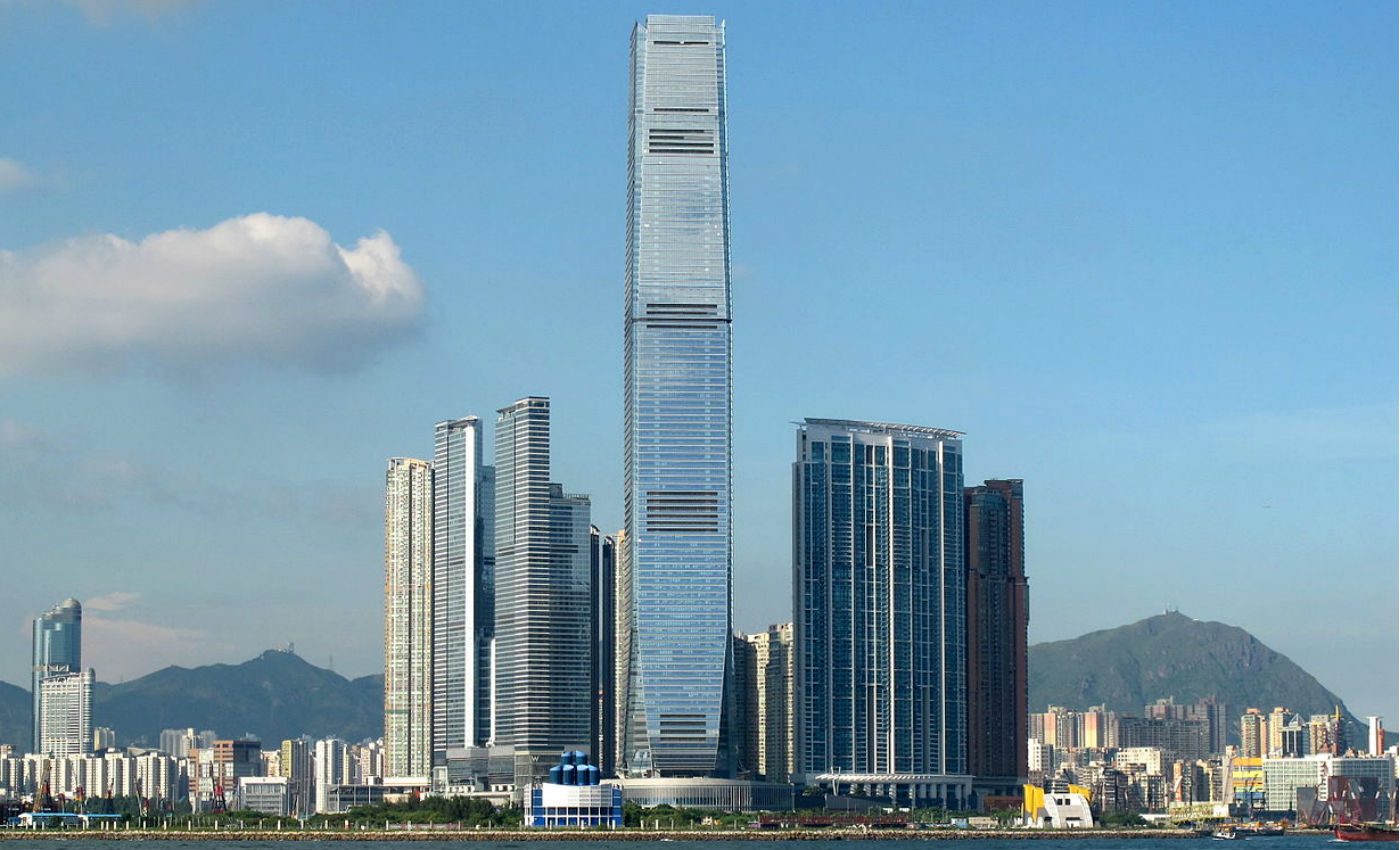Alibaba files to list on stock exchange of Hong Kong
Share sale projected to raise up to $20 billion


A free daily email with the biggest news stories of the day – and the best features from TheWeek.com
You are now subscribed
Your newsletter sign-up was successful
Chinese e-commerce giant Alibaba Group Holding Ltd has filed confidentially for a listing on the Hong Kong stock exchange, in a move they hope will generate $20 billion of liquidity.
The listing, revealed by anonymous sources to a number of publications, will be the company’s second share sale, after its $25 billion float on the New York Stock Exchange in 2014 - an IPO that still holds the record as the biggest in history.
“The person with knowledge of the matter was not authorised to speak with media and so declined to be identified”, said CNBC.
The Week
Escape your echo chamber. Get the facts behind the news, plus analysis from multiple perspectives.

Sign up for The Week's Free Newsletters
From our morning news briefing to a weekly Good News Newsletter, get the best of The Week delivered directly to your inbox.
From our morning news briefing to a weekly Good News Newsletter, get the best of The Week delivered directly to your inbox.
The listing is projected to become Hong Kong’s second-largest sale of all time, following the AIA Group’s 2010 IPO. Alibaba has a market capitalisation of $418 billion, and revenue in fiscal 2019 reached $54.4 billion.
At the time of its initial public offering, Alibaba had planned to list simultaneously on the Hong Kong stock exchange, but, as the New York Times describes, “the tech firm's management structure clashed with the city's listing rules.” However, “Hong Kong Exchanges & Clearing, the city's bourse operator, changed its listing rules last year - primarily with the aim of attracting Chinese tech groups.”
The bourse’s rule change included a provision that would allow companies to file confidentially.
Bloomberg, who initially reported the news, speculates on the reasoning behind the decision to sell shares again: “The deal could help finance a costly war of subsidies with Meituan Dianping in food delivery and travel, and may also divert investor cash from rivals like Meituan and WeChat-operator Tencent Holdings Ltd.”
A free daily email with the biggest news stories of the day – and the best features from TheWeek.com
Writing separately in Bloomberg, Tim Culpan and Nisha Gopalan explained the political dimensions of the decision: “By coming closer to home, Alibaba shows Beijing where its loyalties lie; and authorities can revel in what they see as an example of China’s growing power. You can just imagine the state-media editorials crowing about this evidence of the US's decline.”
Reuters agrees there are geopolitical considerations behind the move, saying a cash-generating sale is a “priority for China as economic growth slows and a trade spat with the United States intensifies.”
Alibaba, whose co-founder and executive chairman Jack Ma retired in September 2018, is expected to offer its stock with investment banks China International Capital Corp and Credit Suisse, sources revealed.
“News of Alibaba’s filing sent shares in affiliated firms soaring,” reported Bloomberg. “New Huadu Supercenter Co. and Sanjiang Shopping Club Co., both backed by the e-commerce giant, rose by their 10% daily limits on mainland exchanges. China TransInfo Technology Co., in which an Alibaba affiliate will take a 15% stake, gained as much as 5.4% in Shenzhen. And CICC climbed as much as 1.8% while the Hong Kong market was down a tad.”
This represents positive news at a fraught time for Hong Kong, as protests over a proposed extradition treaty with mainland China continue to destabilise the semi-independent city.
The protests have “raised concerns over the potential impact on the city’s financial market and businesses,” according to Reuters. “On Thursday Logistics real estate developer ESR Cayman Ltd... pulled what would have been the largest Hong Kong listing so far this year, citing ‘current market conditions’.”
William Gritten is a London-born, New York-based strategist and writer focusing on politics and international affairs.
-
 Crisis in Cuba: a ‘golden opportunity’ for Washington?
Crisis in Cuba: a ‘golden opportunity’ for Washington?Talking Point The Trump administration is applying the pressure, and with Latin America swinging to the right, Havana is becoming more ‘politically isolated’
-
 5 thoroughly redacted cartoons about Pam Bondi protecting predators
5 thoroughly redacted cartoons about Pam Bondi protecting predatorsCartoons Artists take on the real victim, types of protection, and more
-
 Palestine Action and the trouble with defining terrorism
Palestine Action and the trouble with defining terrorismIn the Spotlight The issues with proscribing the group ‘became apparent as soon as the police began putting it into practice’
-
 The real reason Hong Kong is so mad at Lionel Messi
The real reason Hong Kong is so mad at Lionel MessiThe Explainer Anger over soccer star Lionel Messi's failure to play in an exhibition game has escalated into a diplomatic spat
-
 Labour shortages: the ‘most urgent problem’ facing the UK economy right now
Labour shortages: the ‘most urgent problem’ facing the UK economy right nowSpeed Read Britain is currently in the grip of an ‘employment crisis’
-
 Will the energy war hurt Europe more than Russia?
Will the energy war hurt Europe more than Russia?Speed Read European Commission proposes a total ban on Russian oil
-
 Will Elon Musk manage to take over Twitter?
Will Elon Musk manage to take over Twitter?Speed Read The world’s richest man has launched a hostile takeover bid worth $43bn
-
 Shoppers urged not to buy into dodgy Black Friday deals
Shoppers urged not to buy into dodgy Black Friday dealsSpeed Read Consumer watchdog says better prices can be had on most of the so-called bargain offers
-
 Ryanair: readying for departure from London
Ryanair: readying for departure from LondonSpeed Read Plans to delist Ryanair from the London Stock Exchange could spell ‘another blow’ to the ‘dwindling’ London market
-
 Out of fashion: Asos ‘curse’ has struck again
Out of fashion: Asos ‘curse’ has struck againSpeed Read Share price tumbles following the departure of CEO Nick Beighton
-
 Universal Music’s blockbuster listing: don’t stop me now…
Universal Music’s blockbuster listing: don’t stop me now…Speed Read Investors are betting heavily that the ‘boom in music streaming’, which has transformed Universal’s fortunes, ‘still has a long way to go’
